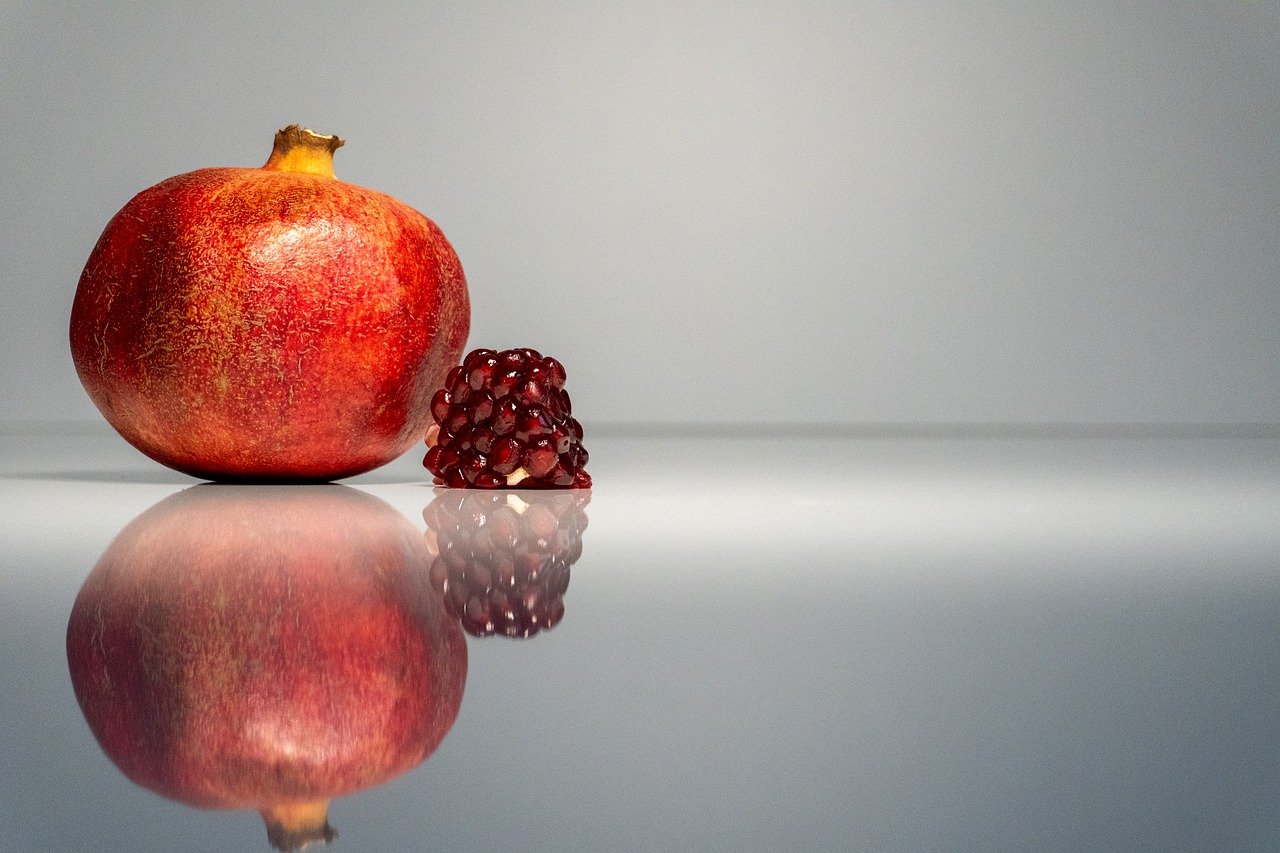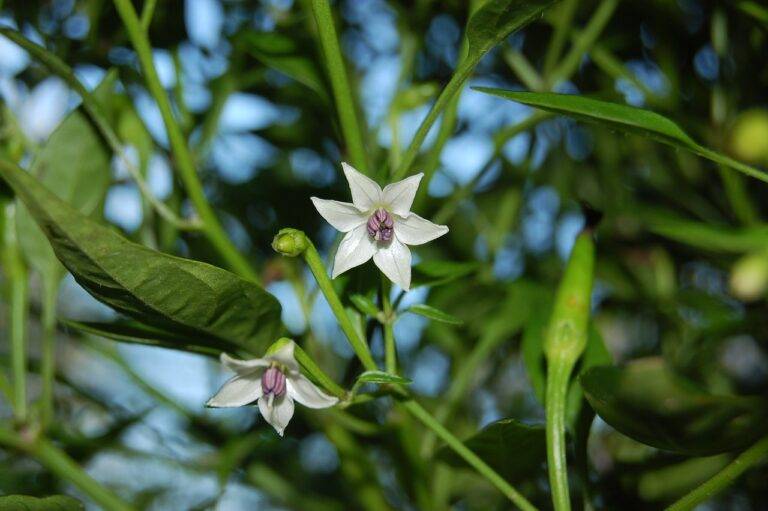The Art of Tea: Exploring Varieties and Rituals.
Green tea is known for its fresh and grassy taste, popular for its high concentration of antioxidants such as EGCG. It is minimally processed, which helps retain its natural color and health benefits. Black tea, on the other hand, is fully oxidized, giving it a bold and robust flavor profile. It is the most common type of tea consumed worldwide, known for its caffeine content and potential heart health benefits.
White tea is the least processed among the different types of tea, having a delicate and subtle flavor. It is harvested at a young age, preserving its high level of antioxidants. Oolong tea falls between green and black tea in terms of oxidation levels, offering a wide range of flavors from floral and fruity to woody and toasty notes. Herbal teas are not made from the tea plant but rather from an infusion of herbs, spices, flowers, or fruits, providing a variety of natural flavors and potential health benefits.
• Green tea is known for its fresh and grassy taste, high in antioxidants such as EGCG
• Black tea is fully oxidized, bold flavor profile, common worldwide with caffeine content
• White tea is the least processed, delicate and subtle flavor with high antioxidants
• Oolong tea falls between green and black tea in oxidation levels, offering a wide range of flavors
• Herbal teas are made from an infusion of herbs, spices, flowers or fruits for natural flavors and health benefits
Tea-Producing Regions: China, Japan, India, Sri Lanka, Taiwan
China is renowned for its rich history and long-standing tradition of tea production. The country boasts a wide variety of teas, with some of the most famous including green tea, black tea, and oolong tea. Each region in China has its own unique methods of tea cultivation and processing, leading to distinct flavors and aromas in the final product. From the lush green hills of Hangzhou to the misty mountains of Fujian, China’s tea-growing regions offer a glimpse into the country’s deep cultural heritage and appreciation for this beloved beverage.
Japan, known for its meticulous attention to detail and emphasis on quality, is another key player in the world of tea production. Japanese teas such as matcha and sencha have gained popularity globally for their vibrant green color and umami flavor profiles. The country’s tea gardens, nestled in serene landscapes and tended to with precision, produce some of the finest teas in the world. With a focus on harmony, simplicity, and elegance, Japanese tea culture continues to captivate tea enthusiasts worldwide.
Health Benefits of Tea: Antioxidants, Weight Management, Improved Digestion
Tea is not only a delightful beverage but also a powerhouse of antioxidants. These powerful compounds help fight off harmful free radicals in the body, reducing the risk of chronic diseases and promoting overall wellness. By incorporating tea into your daily routine, you can boost your body’s defense system and support a healthy immune function.
Furthermore, tea has been shown to aid in weight management due to its natural metabolism-boosting properties. The combination of catechins and caffeine in tea can help increase energy expenditure and promote fat oxidation, making it a valuable addition to a balanced diet and regular exercise regimen. Additionally, the catechins in tea have been linked to improved digestion by promoting the growth of beneficial gut bacteria, which can enhance nutrient absorption and support a healthy gut microbiome.
What are antioxidants and why are they important?
Antioxidants are compounds that help protect our cells from damage caused by free radicals. They play a key role in preventing chronic diseases and promoting overall health.
How does tea help with weight management?
Tea contains catechins, a type of antioxidant that has been shown to boost metabolism and aid in weight loss. Additionally, tea is a low-calorie beverage that can help curb cravings and keep you hydrated.
Can drinking tea improve digestion?
Yes, certain types of tea, such as peppermint or ginger tea, have been shown to aid in digestion by reducing bloating, gas, and indigestion. Herbal teas can also have a soothing effect on the digestive system.
Are there any risks associated with drinking tea?
While tea is generally safe for most people to consume, it can contain caffeine which may cause issues for some individuals, such as insomnia or increased heart rate. It’s always best to consult with a healthcare provider if you have any concerns.
How should tea be stored to maintain its freshness?
Tea should be stored in a cool, dry place away from direct sunlight and moisture. It’s best to keep it in an airtight container to preserve its flavor and antioxidants.







